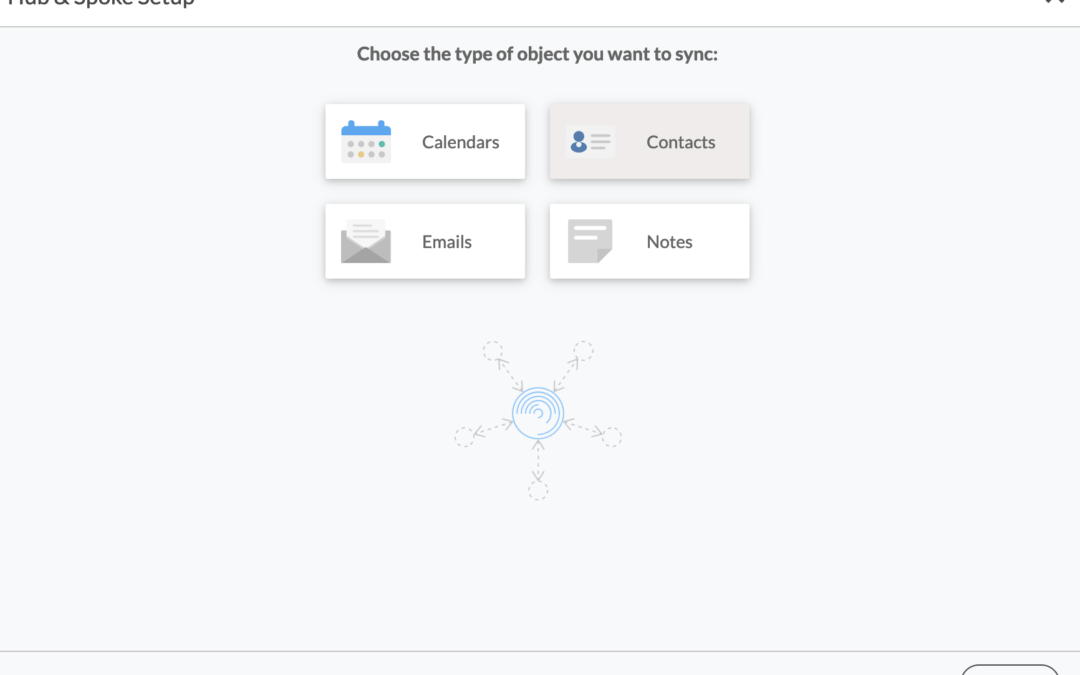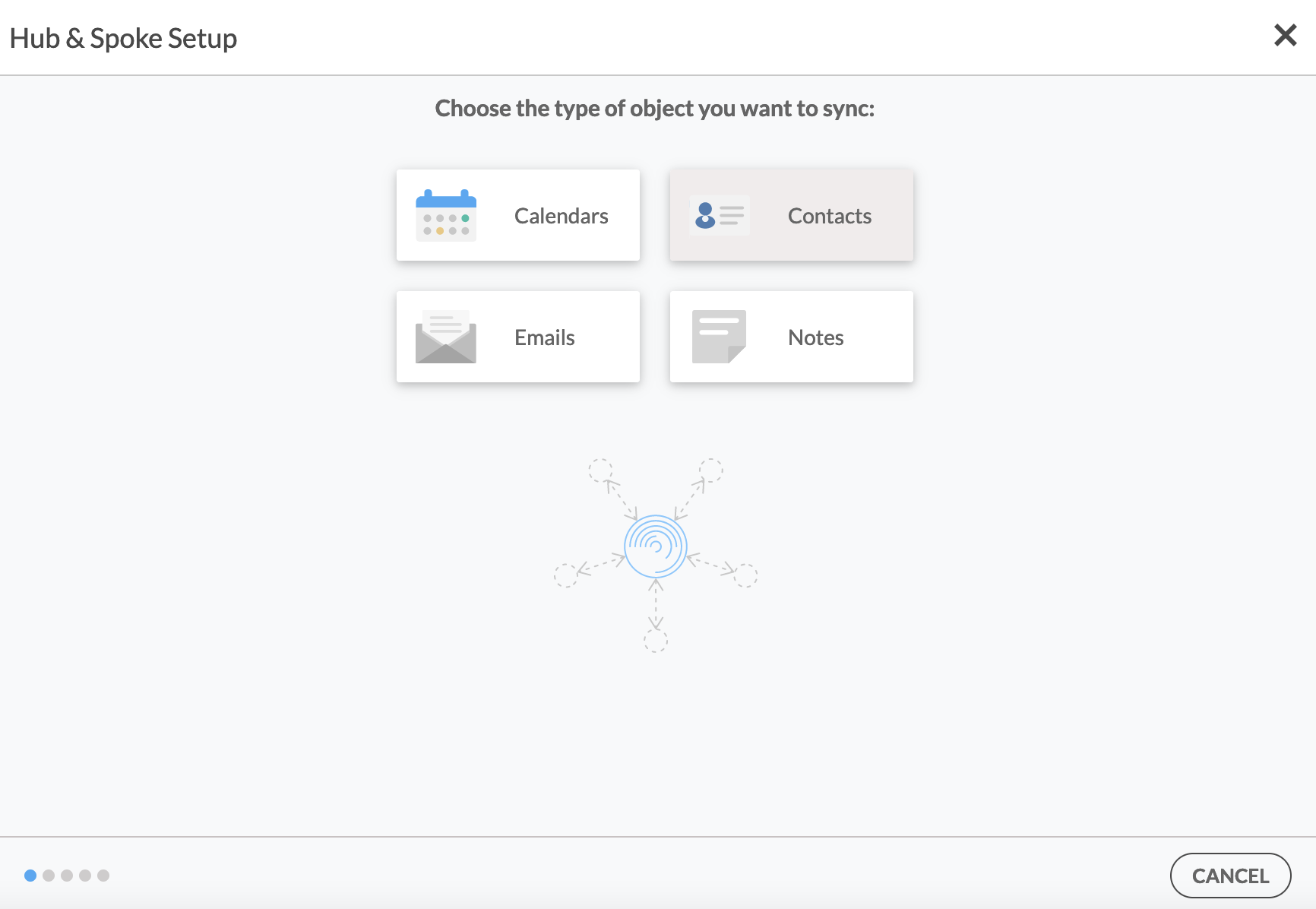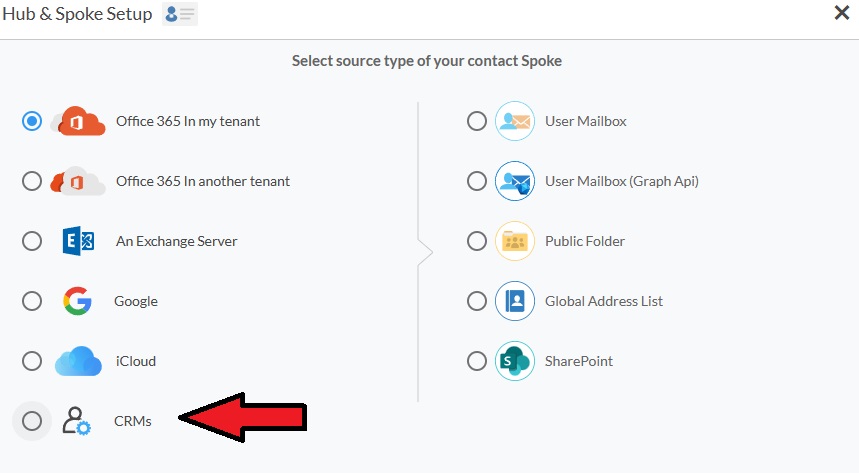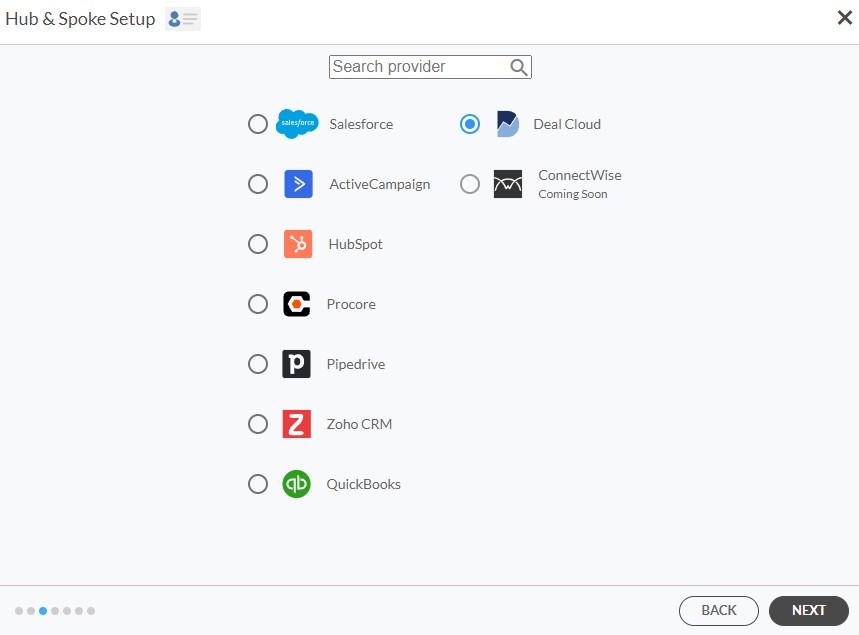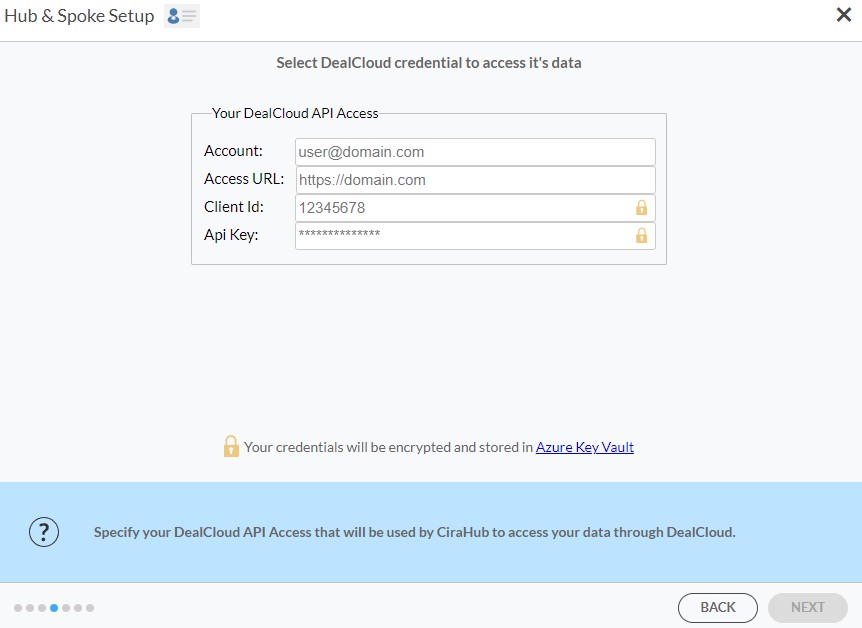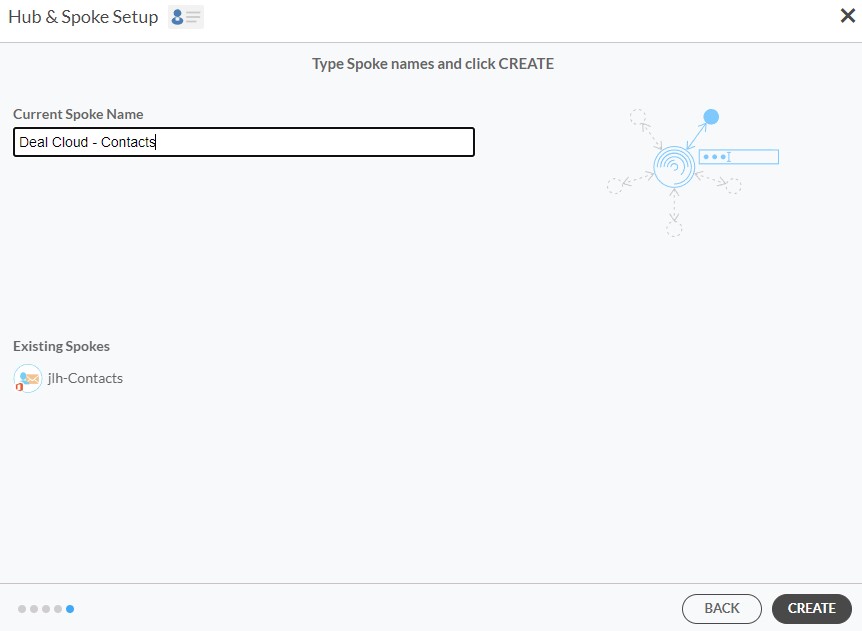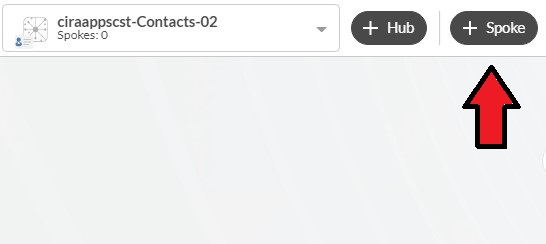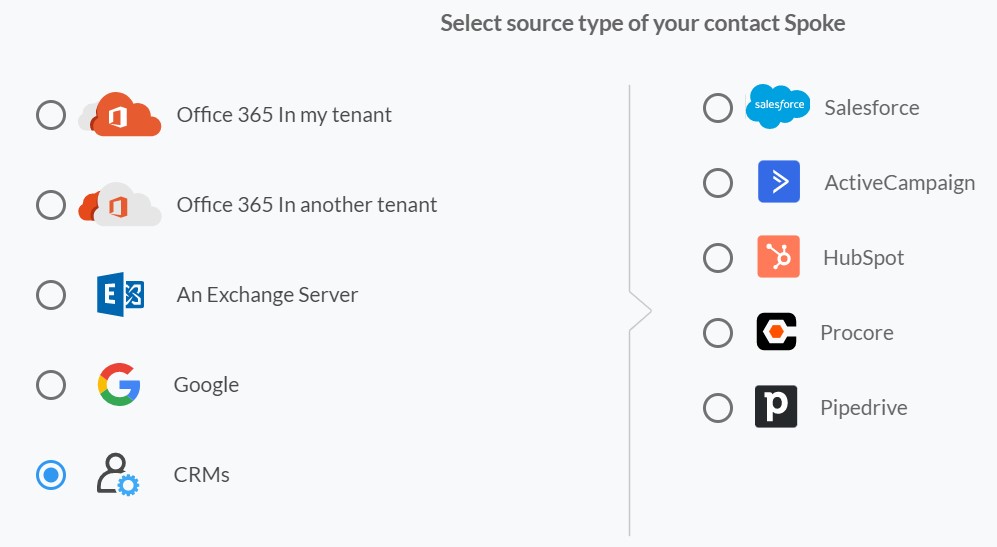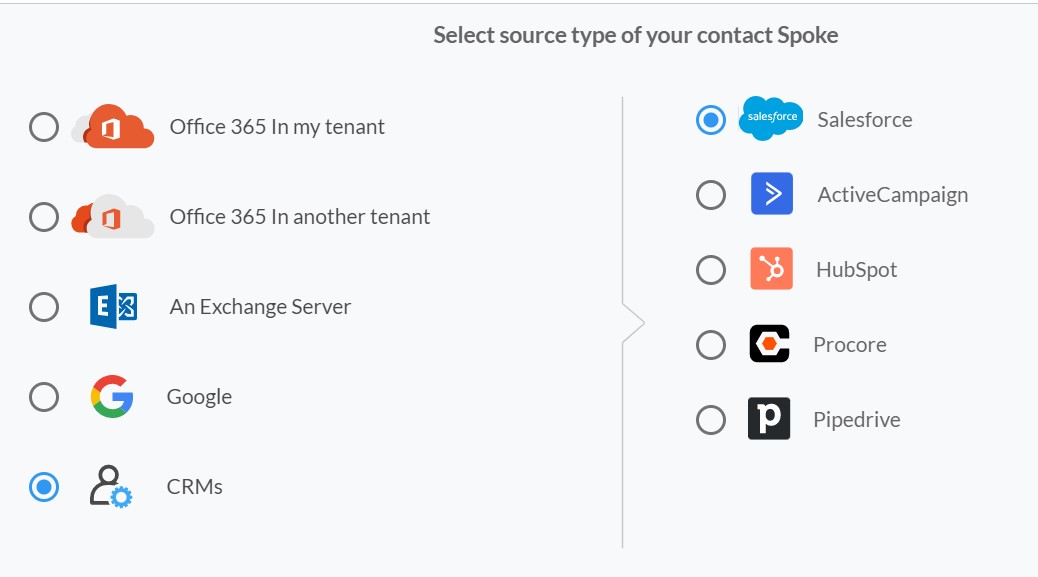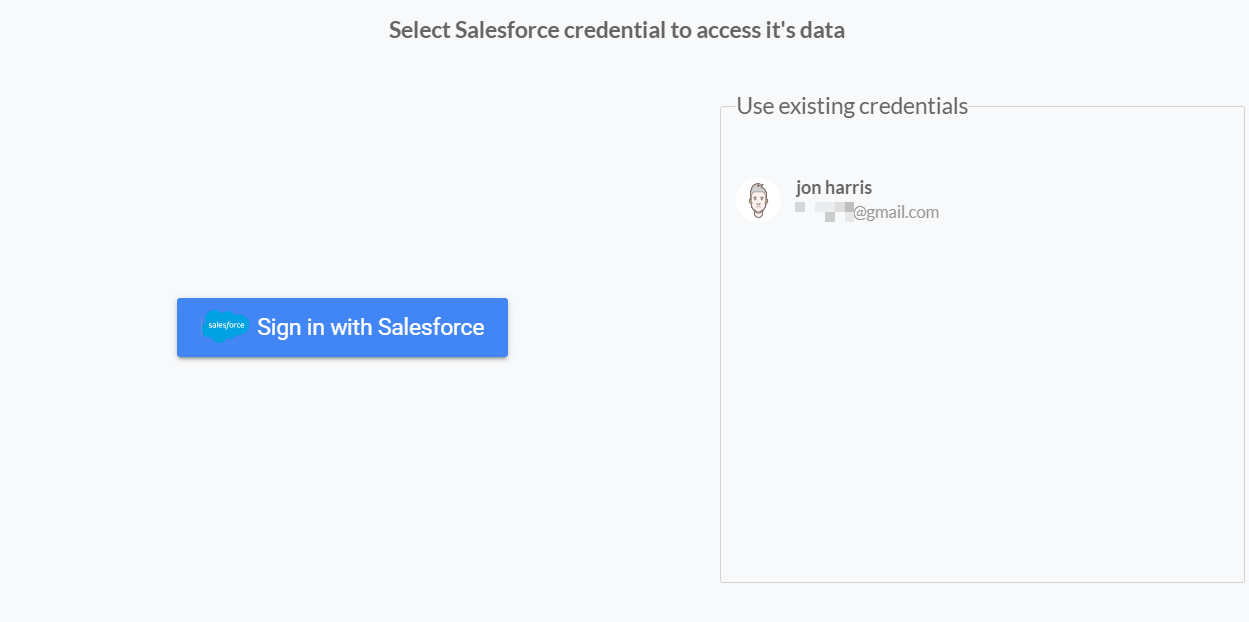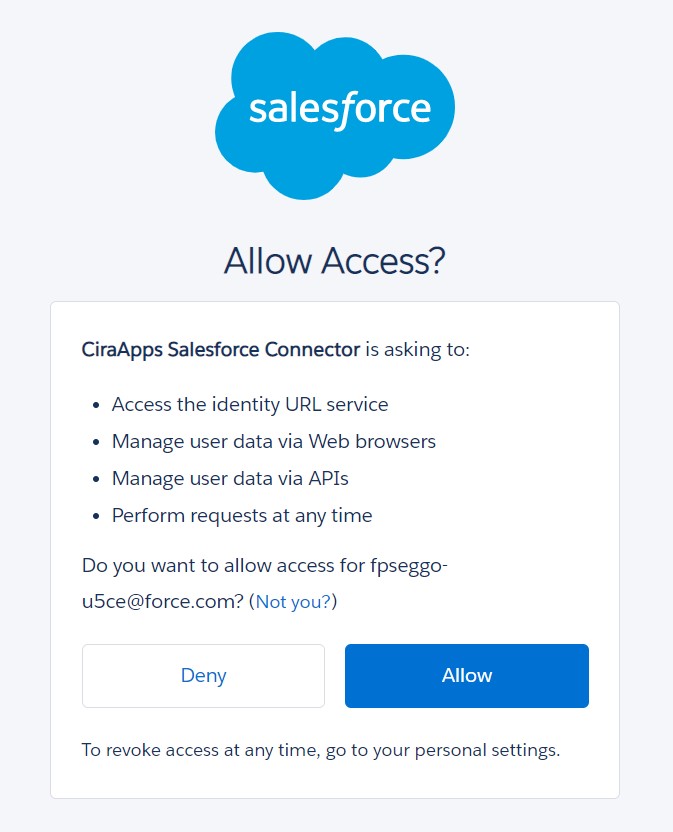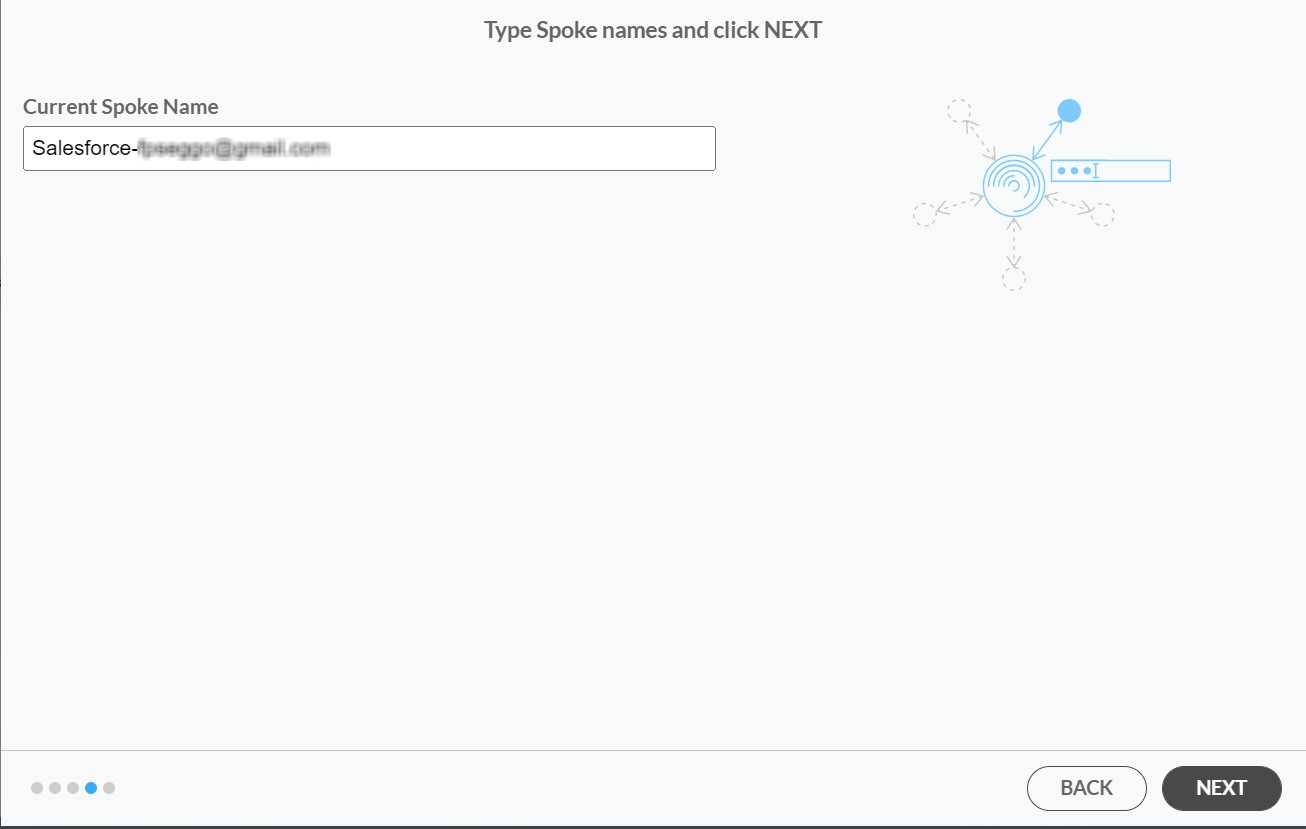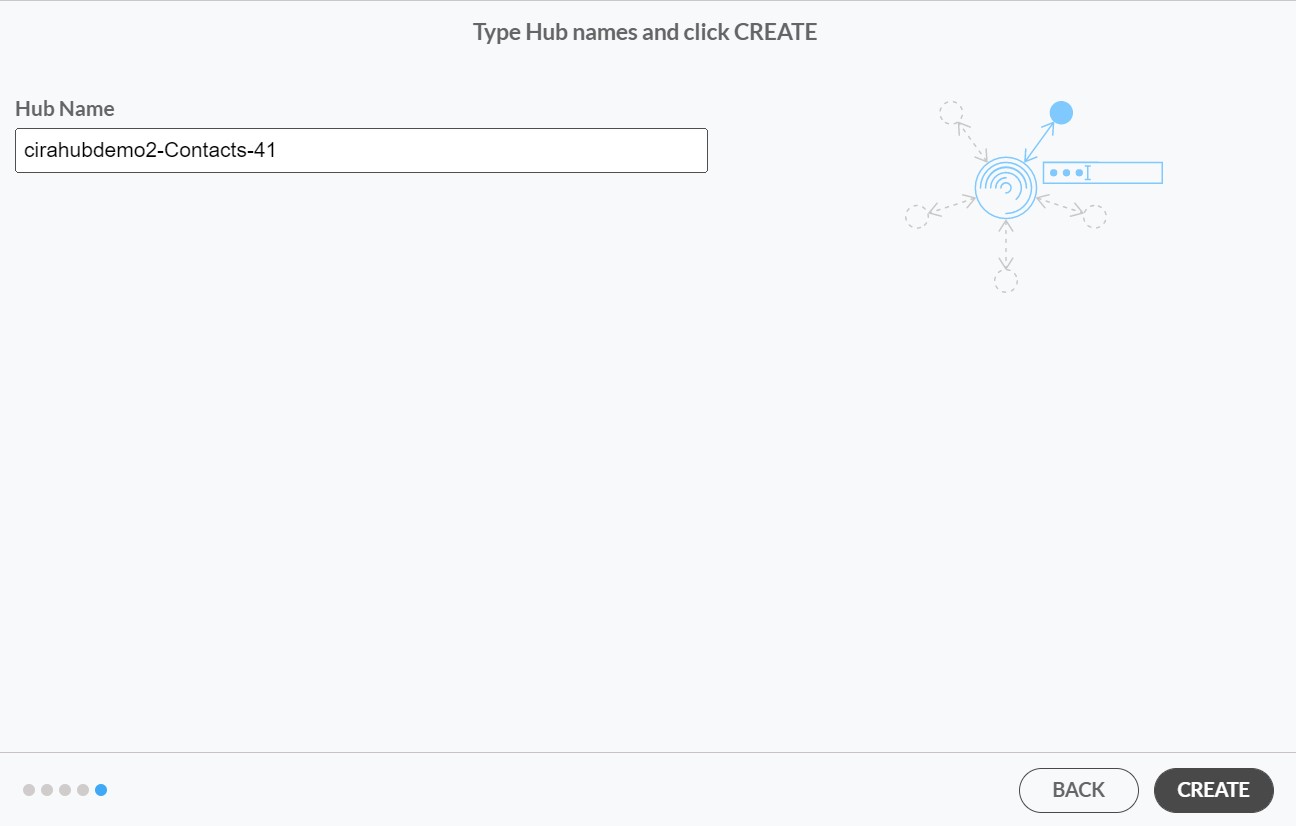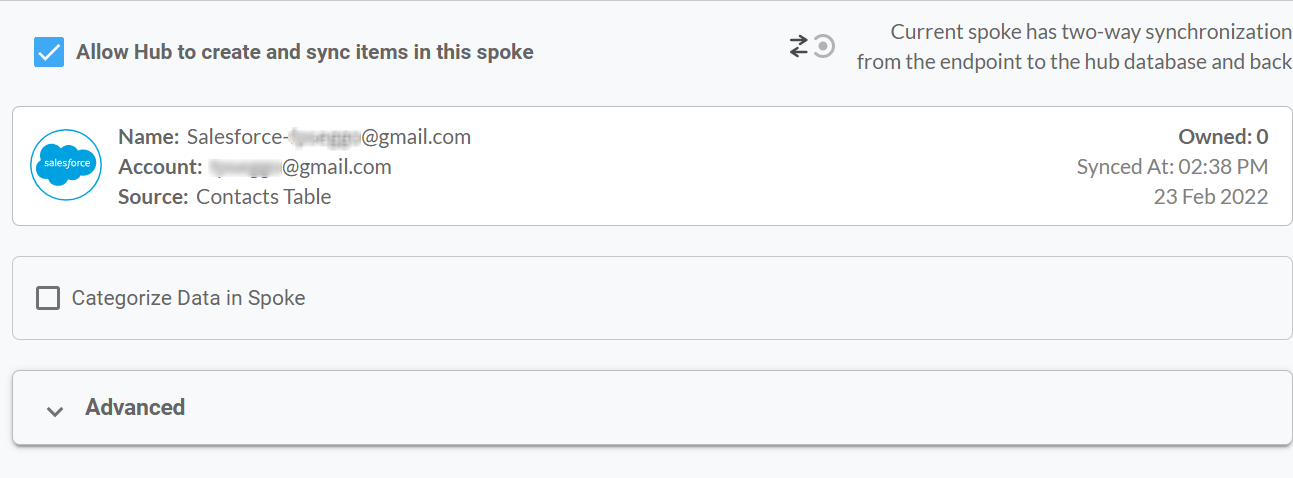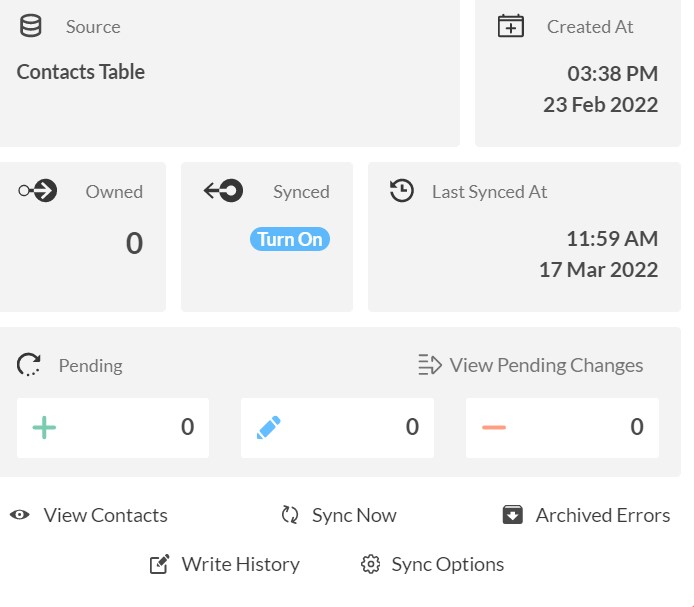This comprehensive article will outline how to two-way sync contacts between Deal Cloud and Salesforce.
Two-way syncing contacts between Deal Cloud and Salesforce can help organizations optimize their operational efficiency and bolster their customer relationship management capabilities. By seamlessly integrating these platforms and enabling bidirectional data synchronization, companies can ensure that contact information remains consistent and up to date across both systems. This synchronization not only eliminates the risk of data discrepancies but also streamlines workflow processes, freeing up valuable time and resources for sales and marketing teams to focus on core business activities.
Thanks to this Two-way sync feature, you can:
- Two-way sync Deal Cloud contacts with Salesforce.
- Update contacts simultaneously across the two platforms
- Without producing duplicates, CiraHub effortlessly syncs and moves data from Deal Cloud to Salesforce.
This article will show you how to enable a two-way contact sync between Deal Cloud and Salesforce.
Set Up a Two-Way Contact Sync Between Deal Cloud and Salesforce
1. Log in to CiraHub. It will take you to the onboarding wizard. (See figure below.) Next, select the object you want to sync. In this example, the „Contacts“ object has been selected.
2. Next, start the Hub and Spoke setup. Click on “CRMs” as your source type for your contact spoke. (The Hub contains all synced Contacts from each spoke; a spoke can be a Public Folder, a user mailbox, the GAL or a CRM.)
3. Select Deal Cloud as the contact spoke type.
4. Type in Deal Cloud API Access information to sync its account data to CiraHub.
5. Type in a Spoke name and click Create.
Create a Salesforce Spoke
6. Select the option to add an Additional Spoke.
7. Click on “CRMs” as your source type for your contact spoke. (The Hub contains all synced Contacts from each spoke; a spoke can be a Public Folder, a user mailbox, the GAL or a CRM.)
- Select Salesforce as the contact spoke type.
9. Sign in with Salesforce to add your account to the Hub, or select an existing Salesforce account.
10. Select “Allow” to two-way sync Salesforce contacts and connect your Salesforce account to the CiraApps Salesforce Connector.
11. Type in a “Spoke Name” and click Next.
12. Next type in the “Hub Name” and click Create.
13. Next, right click your spoke, and select “Sync Options”. From there you will be taken to a new window, click the box which says, “Allow Hub to create and sync items in this spoke.” This will enable two-way synchronization between the Hub and your spoke.
14. Click on “Allow Hub to create and sync items in this spoke”. This will enable two-way synchronization from the endpoint to the hub database and back. Select Categorize Data in Spoke if you would like to filter out which items you would like to sync.
15. Click on “Sync now” to two-way contact sync Deal Cloud with Salesforce. You can also edit any synchronization options for each of your spokes below.
Learn More About CiraHub!
CiraHub is a two-way sync platform for shared contacts and calendars for Microsoft 365, Exchange Server, and other Microsoft Enterprise Applications users. The software is designed to make it easy for people lacking IT expertise to set up shared contact and calendar sync for their company. Click here to learn more about how you can start a CiraHub trial today!
